Great productivity is one of the best soft skills you can have as a developer.
I’ve used these tips to create courses, write books and build apps, websites & digital products at a rapid pace.
Below you’ll learn 13 programmer productivity tips that actually work.
Make a plan to implement these tips and you’ll be able to explode your output.
Get 2x More Done Using These High-Level Developer Productivity Tips
Software Engineers and Lead Developers Need to be Extra Productive
As a software engineer, you have to take care of many varied tasks each day. You also hold a lot of responsibility. This means you need A+ productivity to get everything done and make sure you keep bosses, coworkers and clients happy.
1. Stop Wasting Time

The average office employee is wasting more than eight hours per work week.
What if you could reclaim that time and use it to finish your coding projects more quickly?
Procrastination can happen for different reasons. But in the end it comes down to pushing through The Resistance (as Steven Pressfield calls it) and working on your stuff no matter how you feel.
Use the following tips to give you a strategy for the fight against procrastination.
2. Prevent Unnecessary Task Switching

Let’s say you've just finished a difficult coding task. Your head is on fire; but there's another tough assignment waiting down the line.
You commit yourself to it, but after a while, you say “Well, this one is actually not so urgent; I’ll get back to it later.” Then you start doing something easier because you're mentally drained.
After a few hours, you go back to the committed task, but you feel absolutely puzzled because you don’t remember what you were supposed to do. This means you now need to take some extra time to get back on track.
This is an example of context switching and is something that can lose you a lot productivity as a programmer.
A study conducted by the American Psychology Association reveals that shifting between tasks creates mental blocks that can cost 40% of your productivity.
3. Laser-Focus Your Efforts with WIP Limits
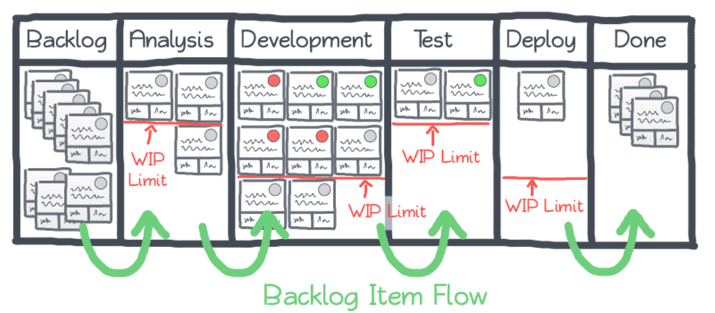
Work-in-Progress limits will help you fight overwhelm and ensure higher quality work.
If you have multiple projects in the pipeline, and you need to wait for something for Project A, it could be tempting to start on Project B. But in the end, this will lead to you working on all projects at once: You’ll constantly be task-switching.
To prevent productivity snags from happening, you should limit the number of work items you're handling at once.
Limiting work in progress has the potential to speed up your work by slowing yourself down.
If you’re able to process four tasks in the span of three days, then your WIP limit would be four for that specific time period. From here, you can use the information as a rule of thumb and prevent overburdening yourself.
4. Take Control with Management Tools that Fit Your Work
Being stuck in problem-solving is the most common cause of unhappiness in developers, reported by 186 participants.
Time pressure came in at number two, with 152 participants reporting it as something that makes them unhappy at work.
You can relieve this pressure by scheduling your tasks and managing your time well.
There’s different tools that can help you manage your time as a coder and also your workflow in different areas like web development.
I use KanBanFlow to schedule my weekly and daily tasks. I love that it has an integrated Pomodoro timer as well.
Crucial Tips to Improve Your Coding Productivity
5. Pomodoros Boost Productivity
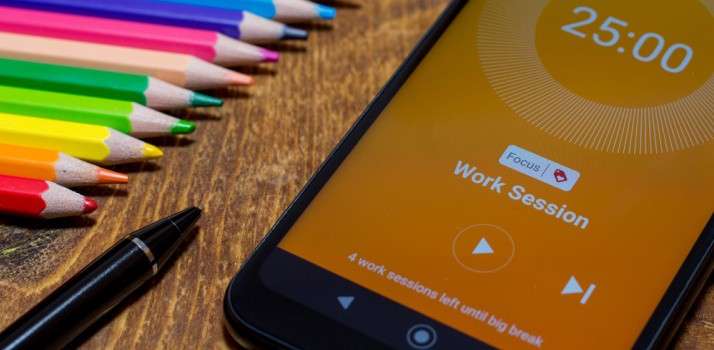
The Pomodoro method is simple.
You set up a timer that has dedicated work sessions and dedicated rest sessions. The basic setting is 25 minutes work to five minutes rest. Totalling up to a half-hour period. You finish four 30-minute cycles and then take a long break and start over.
The Pomodoro method is the best for coders who have a hard time focusing on their work or are trying to get into a good work pace to meet a deadline, with dedicated rest to avoid burning out. You can completely optimize the time periods to fit your work.
6. Use Code Snippets
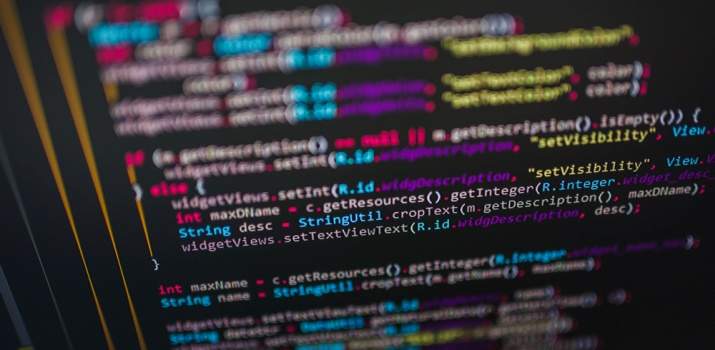
As a beginner programmer, I’d advise you to try and write all your code yourself – to make sure you’ve learned how to do it. If you’re already proficient though, there’s no harm in going to Google, finding other people’s code snippets, and including them in your programs.
You can speed up the process so much if you do that. Of course, we’re talking about copying snippets here, not whole programs. And always make sure you understand what you just copied.
You – or others using your code – should be able to come back to it and still be able to make sense of it all.
7. Avoid Code Clutter
To build on that argument, following clean code principles in your work will also make you more productive:
- You’ll waste less time sifting through messy code
- You won’t have as many bugs to fix
- You’ll finish each program more quickly and be ready for the next – with less stress
8. Use the Best Software Tools
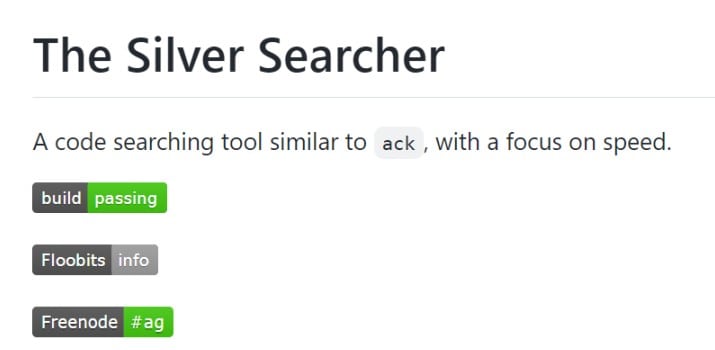
Get the best productivity-boosting software tools for coders to help yourself work faster and more efficiently. An example would be the Silver Searcher, an app to help you sift through code.
Developing software to its deployment can be a complex process with lots of single tasks. For most of these tasks, tools exist to batch them or otherwise make them require less effort.
If you want to be more productive when developing software, these can be a godsend.
9. Learn to Type Lightning Fast
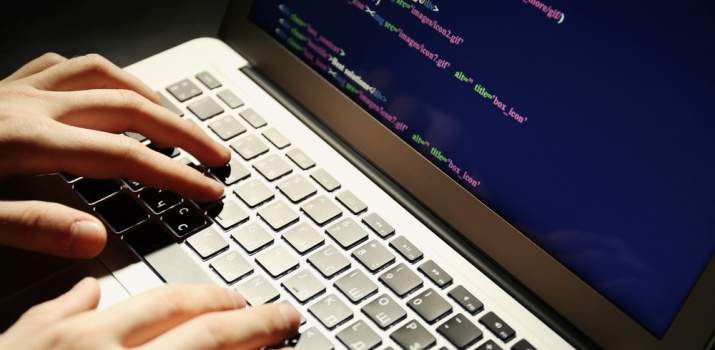
When you're a fast, efficient typist, you spend less time between thinking that thought and expressing it in code.
This is what Jeff Atwood said in his 2008 blog post ‘We Are Typists First, Programmers Second’
Get the code out of your brain faster. Produce more code in less time. If you’re not a fast touch typist yet, it could pay off to work on that.
10. Detox from Digital Distractions
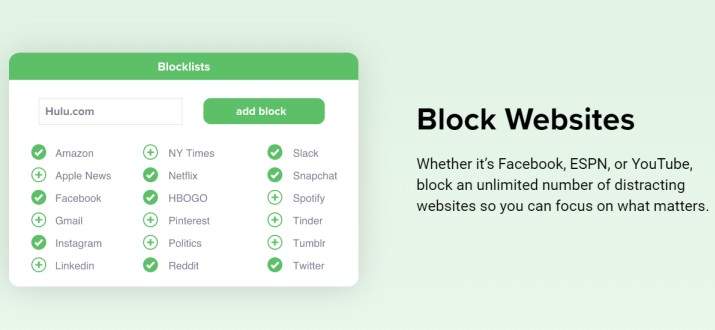
When you’re starting to work on an important coding project, turn off your phone. Put it where you can’t easily reach it.
If you often find yourself losing focus and opening random websites or social media apps – block those while you’re working on your project. Focus on your work as much as you can. It’ll get easier over time. And when you’re starting to feel drained – don’t give in to the urge to randomly browse the internet.
Take a real break instead.
How to be a Productive Programmer (& Stay Healthy)
11. Take Productive Breaks
If you take frequent real breaks, you’ll be a more productive programmer. What’s a real break?
- You get up from your chair
- You move around
- You take deep breaths
- You go outside for fresh air
- You close your eyes to give them a break
12. Stay Sharp – Mentally & Physically

A sound mind in a sound body. The cliché is true.
Take care of your fitness as a developer, and you’ll gain the mental clarity to solve tough problems, the energy for long coding sessions, and the strength to sit pain-free for many hours if you need to.
13. Avoid Burnout
In your quest to be as productive as possible, don’t run yourself into the ground. Follow the tips we laid out – scheduling your tasks, setting limits, killing energy drains, and taking enough breaks – and you’ll stave off developer burn out.
Caveat: If your workload isn’t huge, but you still have zero motivation for weeks on end, the issue isn’t with the amount of work, but maybe with the type of project or job you’re working right now.
Your Next Step to Impressive Productivity
I invite you to check out my free ebook ‘Peak Performance Habits for Software Developers’.
It teaches you the 7 simple habits I used to become a 7-figure developer:
